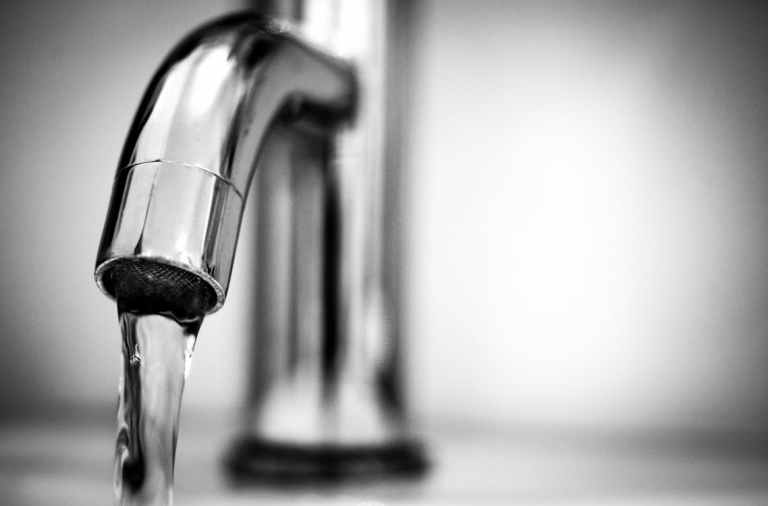Water Quality Issues and Tankless Water Heaters

Tankless hot water has emerged as a viable, green, method for hot water production. However, they do have operating parameters that must be observed for them to operate correctly. One important specification is water hardness.
Hard Water Effects Tankless Water Heaters
Every manufacturer will list a water hardness specification for each model. Experience has shown that the hardness specification is not always accurate. Several problems have been reported to tankless manufacturers, local distributors, and to PerfectWater regarding problems with hardness from sources that test within the manufacturer’s specification.
What Does Hard Water Do?
Problems with hardness occur because the rapid heating causes the hardness (largely dissolved calcium and magnesium) to precipitate out of solution into a scale similar to its rock form. This scale forms on the inside of the heat exchanger pipes where the water flows. The scale builds up and then breaks loose into the water clogging aerators at best, faucet bodies, clothes washer inlet screen and other small openings in hot water using appliances.
It is important to understand that the same problem occurs in hot water tanks. It just doesn’t clog up things because it falls out to the bottom of the tank. This displaces the volume of water the tank will store, causes corrosion in the tank, and increases the energy cost of heating water by 25-35%.
Is There a Solution?
The answer? A water softener (not a salt free system) see article will solve hardness problems with tankless hot water easily and bring numerous other benefits for protection of your plumbing and appliances, and many more benefits with reduced chemical use, more manageable hair, softer skin, better results with laundry and dishes, and less cleaning.
Interested in protecting your investment? Contact our team!
Ready to Take Control of Your Water Supply?
Don’t wait for water shortages or unreliable sources to disrupt your life. With our Rainwater Harvesting systems, you can enjoy a sustainable, reliable, and completely self-sufficient water solution tailored to your home’s needs.

